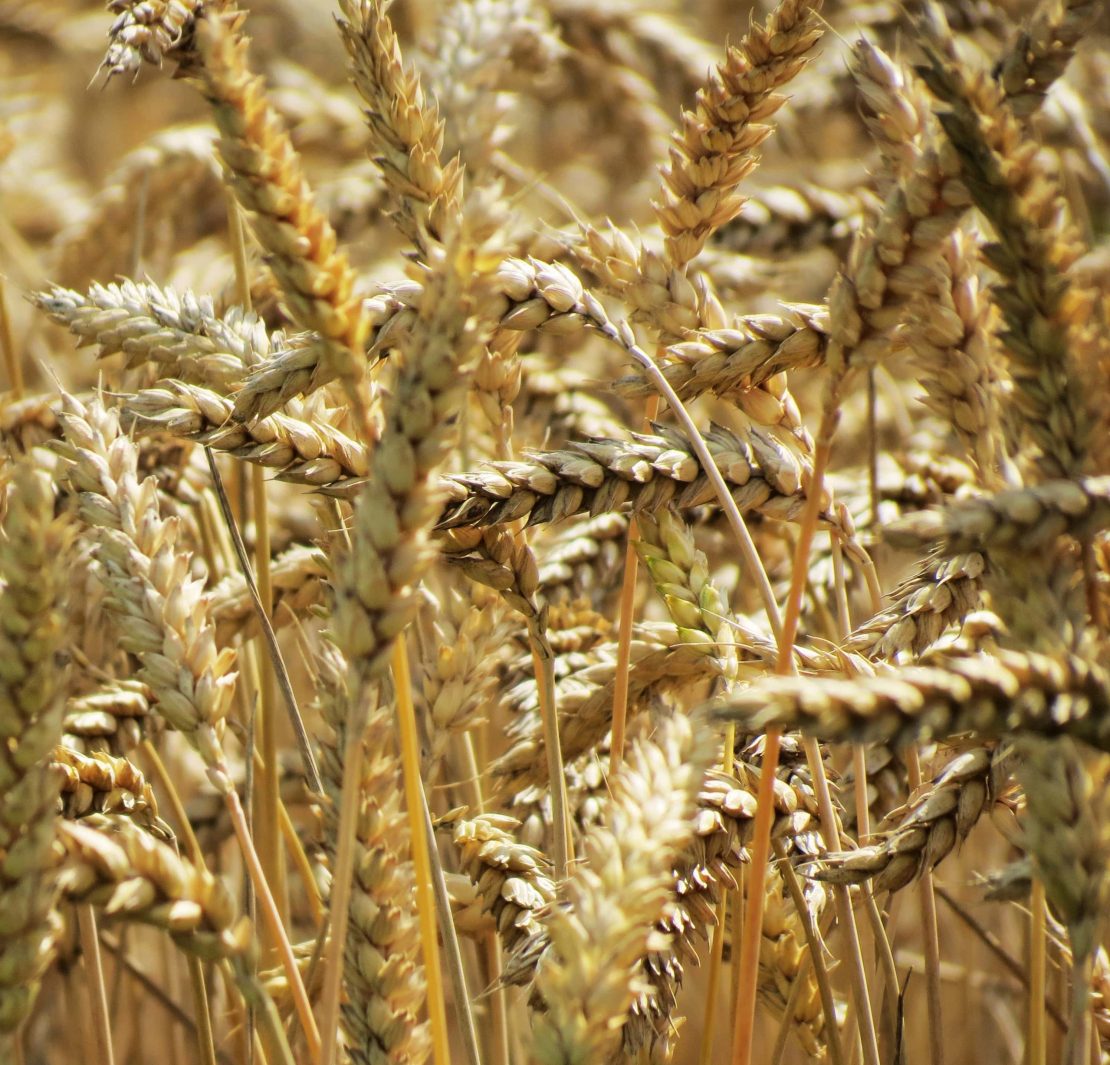For a while, carbs were considered the supreme faux pas on anyone’s menu, but these days, a certain protein has crept up on the notoriety list. Gluten, which is found in wheat, rye, and barley, has become the perpetrator of much bodily discomfort, mostly because gluten intolerance and celiac disease frequently go undiagnosed and undetected.
But suddenly removing food you’ve been consuming for your entire life could also result in nutritional deficiencies. Before jumping on the gluten-free train, it’s best to take an intolerance test and know the hows of your body and the whys of your diet.
Check how you digest.
Gas, bloating, diarrhea, and constipation may be related to a gluten allergy. While these stomach issues are common, not every one of them is a sure sign you’re gluten intolerant.
What really happens when you have celiac disease?
Your small intestine’s lining becomes inflamed and damaged when you consume gluten, and the body is unable to absorb nutrients. This can lead to diarrhea and weight loss, although an upset stomach and a drop in your weight don’t necessarily mean you have the condition.
Celiac disease or gluten sensitivity?
Before you jump to conclusions and give your diet an unnecessary overhaul, get tested. Celiac disease equals intestine damage; gluten sensitivity equals its legitimate side effects like fatigue and headaches. Sometimes, gluten sensitivity is manifested in symptoms wholly unrelated to the abdominal area—aside from fatigue, other common indictors are rashes and itching, or anemia and nausea.
What’s involved in a gluten allergy test?
A blood test that measures the presence of antibodies is standard.
A gluten-free diet can help with the symptoms.
Keep in mind that avoiding gluten isn’t necessarily the total and final solution for improved health or weight loss either. You could wipe out gluten, but still have an unhealthy ratio of sodium, fat, fiber, and carbs in your diet, or be missing out on food that’s actually good for you (steel cut oats, for example, make for a generally “healthy” breakfast if you don’t have sensitivity to gluten). Whole grains, aside from containing gluten, also play host to some valuable nutrients and vitamins that you could be skipping when on a gluten-free diet.
Writer: CHINGGAY LABRADOR




